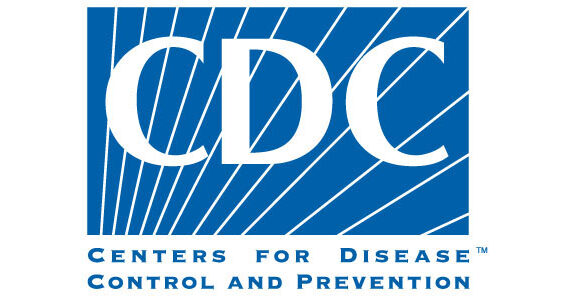ORISE Fellowship, CDC Division of Violence Prevention
Category : Alumni
A research opportunity is currently available with the Division of Violence Prevention (DVP), Research and Evaluation Branch (REB), within the National Center for Injury Prevention and Control (NCIPC), at the Centers for Disease Control and Prevention (CDC) located in Atlanta, Georgia. Please note that the fellowship appointment is in Atlanta, Georgia.
The Centers for Disease Control and Prevention (CDC) is one of the major operation components of the Department of Health and Human Services. CDC works to protect America from health, safety, and security threats, both foreign and in the U.S. Whether diseases start at home or abroad, are chronic or acute, curable, or preventable, human error or deliberate attack, CDC fights disease and supports communities and citizens to do the same. The Centers for Disease Control and Prevention (CDC) is one of the major operation components of the Department of Health and Human Services. CDC works to protect America from health, safety and security threats, both foreign and in the U.S. Whether diseases start at home or abroad, are chronic or acute, curable or preventable, human error or deliberate attack, CDC fights disease and supports communities and citizens to do the same.
Research Project: Under the guidance of a mentor, the participant will be involved with research related to the primary prevention of child sexual abuse. CDC defines child sexual abuse as the involvement of a child (person less than 18 years of age) in sexual activity that violates the laws or social taboos of society and that they do not fully comprehend, do not consent to or are unable to give informed consent to, or are not developmentally prepared for and cannot give consent to (https://www.cdc.gov/violenceprevention/childabuseandneglect/childsexualabuse.html)
Preferred Skills:
- Experience with child sexual abuse prevention research, child abuse and neglect prevention research, adverse childhood experiences prevention research, and/or public health policy research.
- Experience with or knowledge of violence prevention, health equity, social determinants of health, or other related research areas.
- Experience or knowledge of methods to conduct systematic and/or scoping literature reviews.
- Training or experience with qualitative and quantitative methods applied to public health programs.
- Training or experience with quantitative data analysis and rigorous evaluation of prevention strategies and interventions.
- Strong communication, strategic thinking, and interpersonal skills.
- Strong written and oral communications skills demonstrated by scientific publications and presentations.
- Ability to collaborate with other scientific and professional staff on behavioral research.
